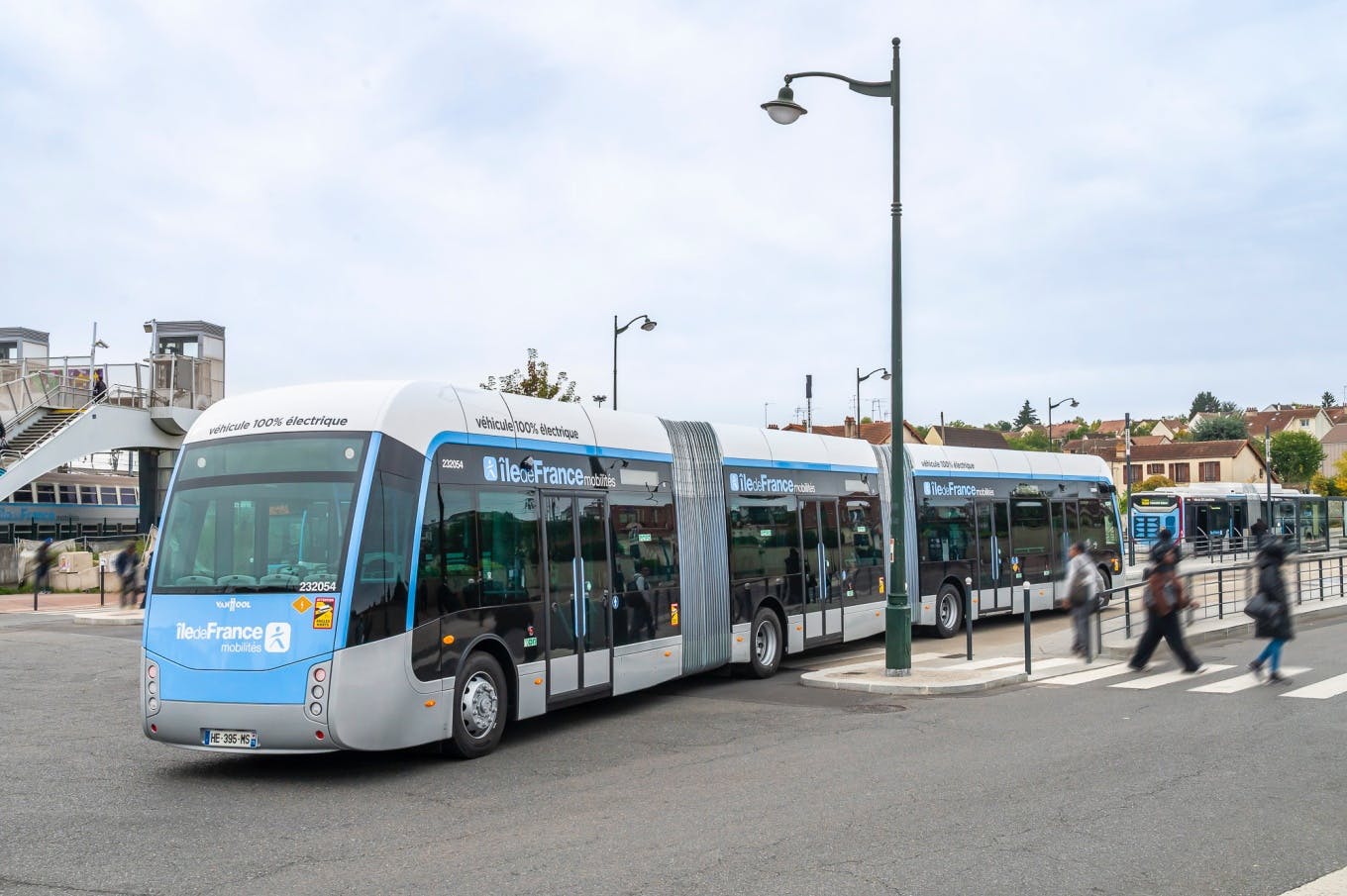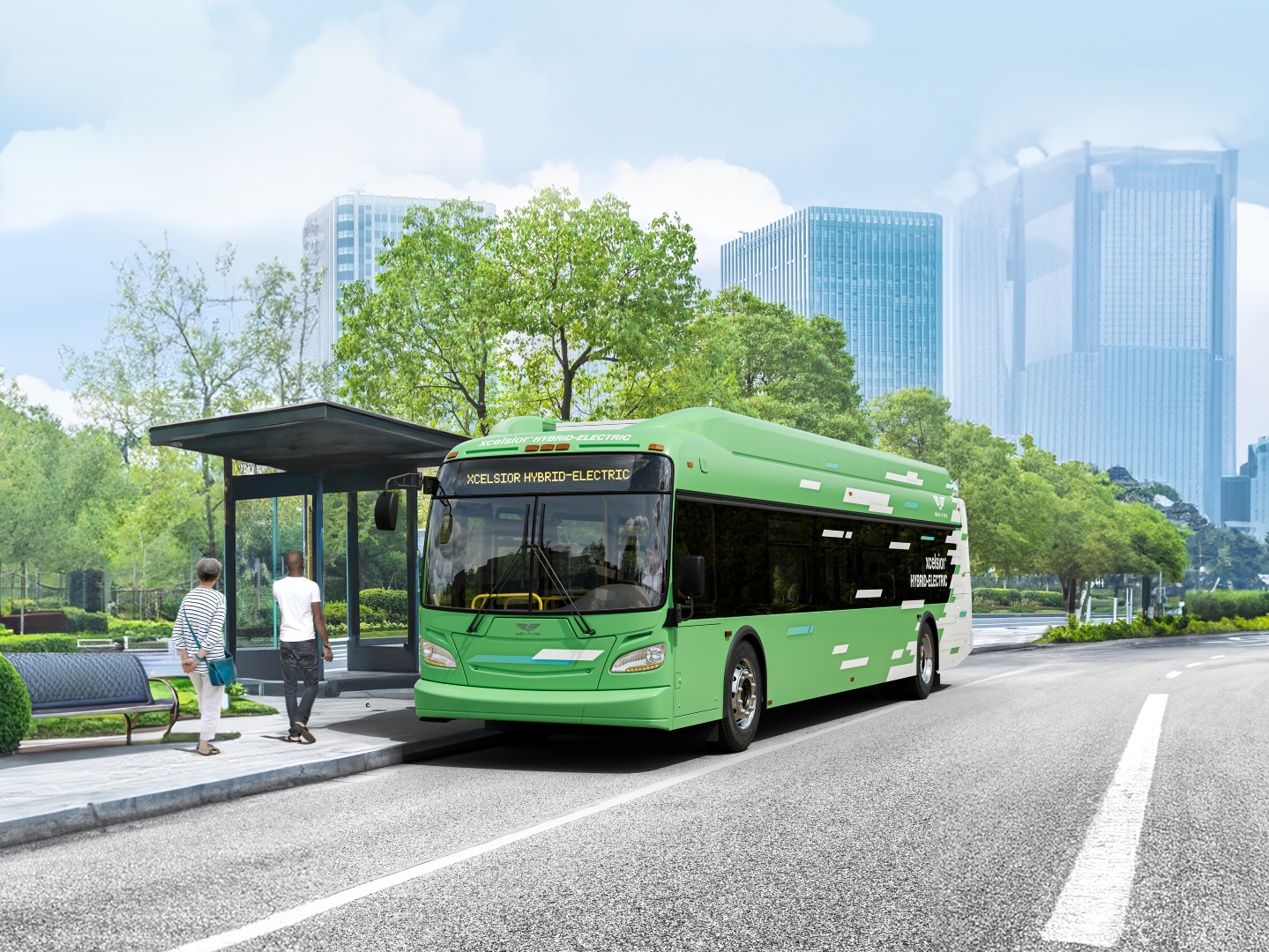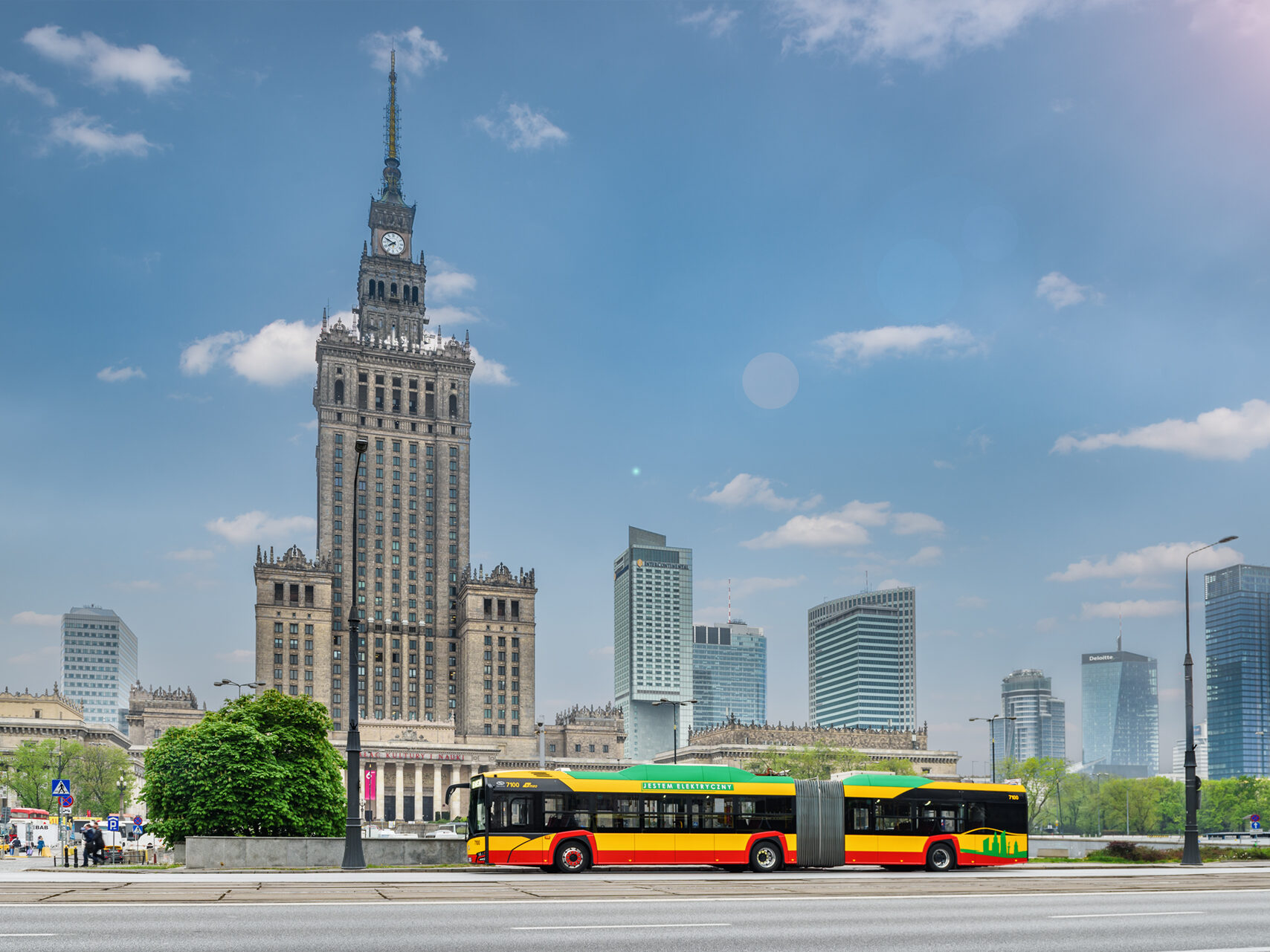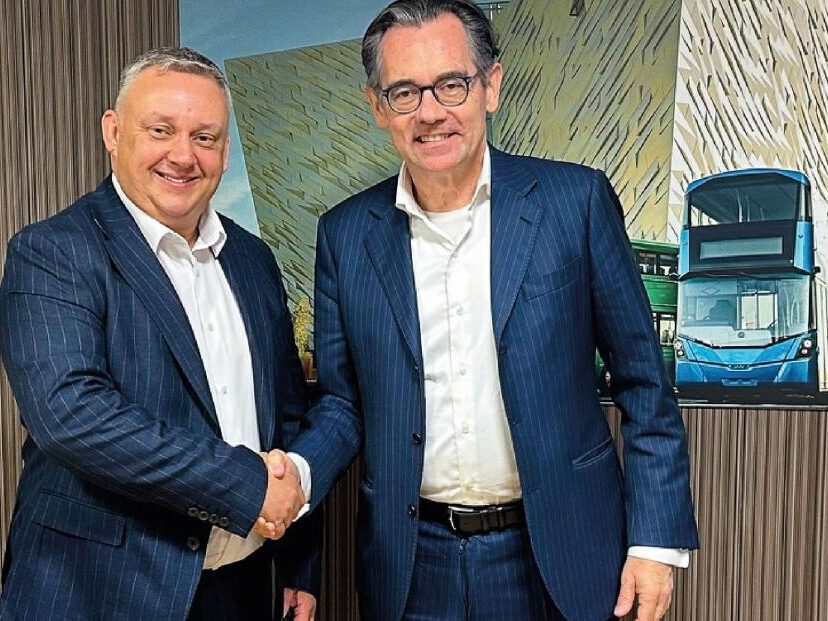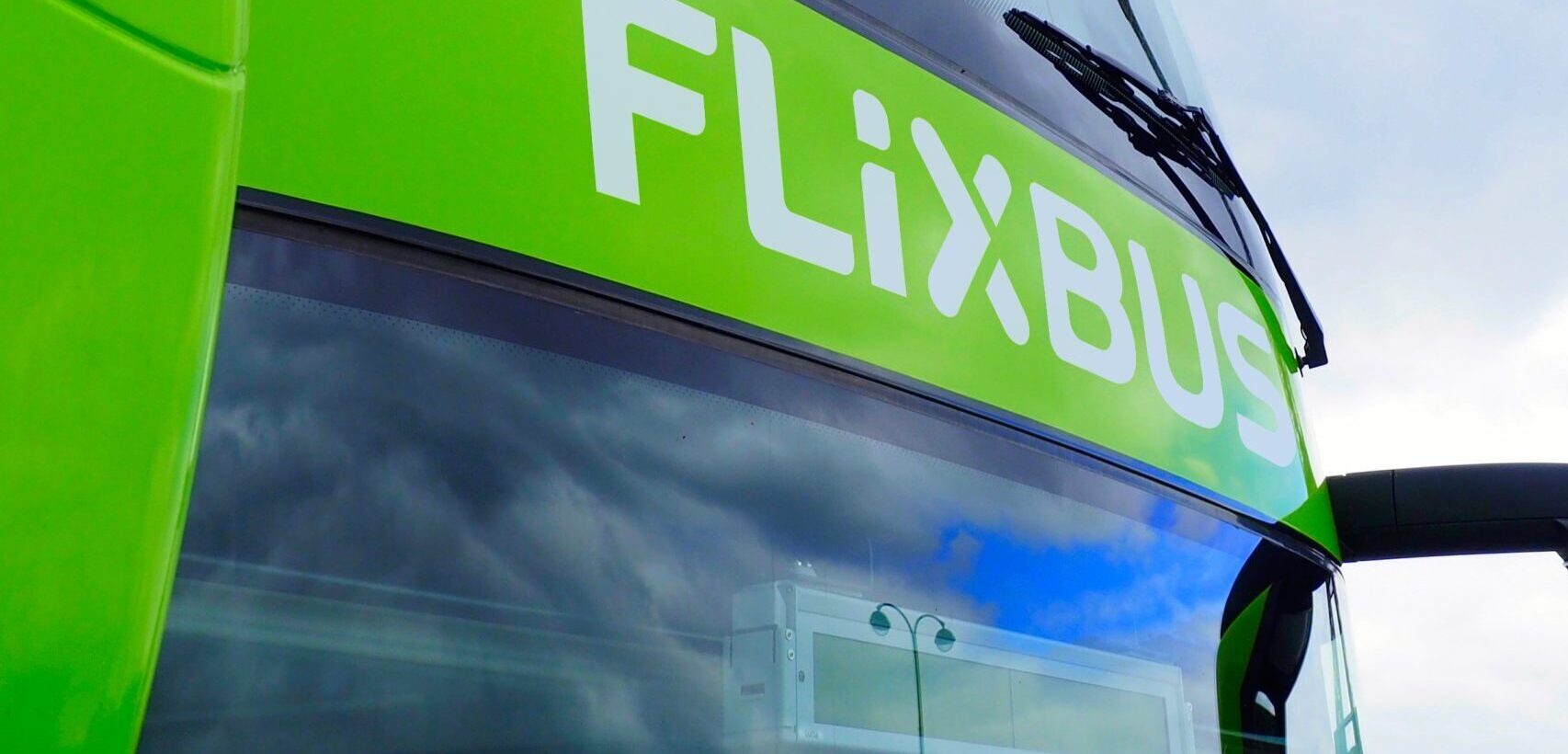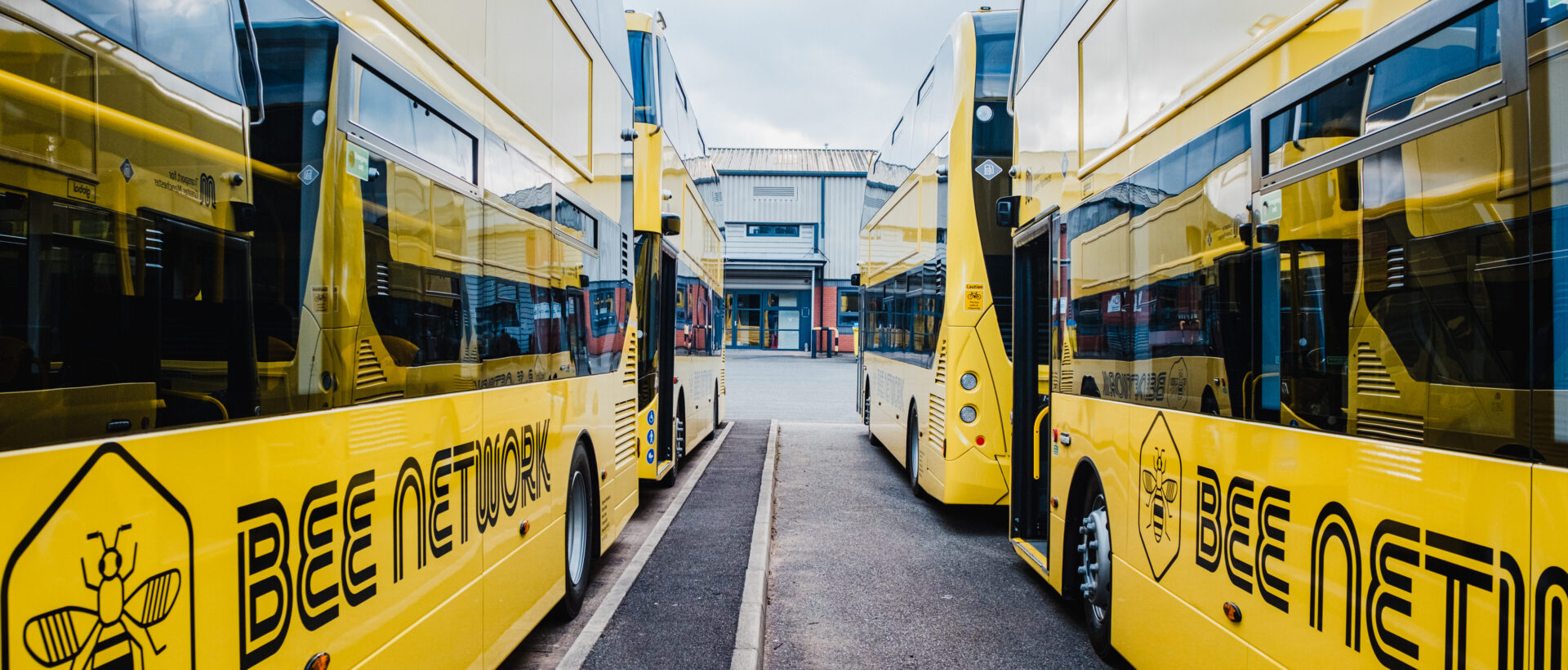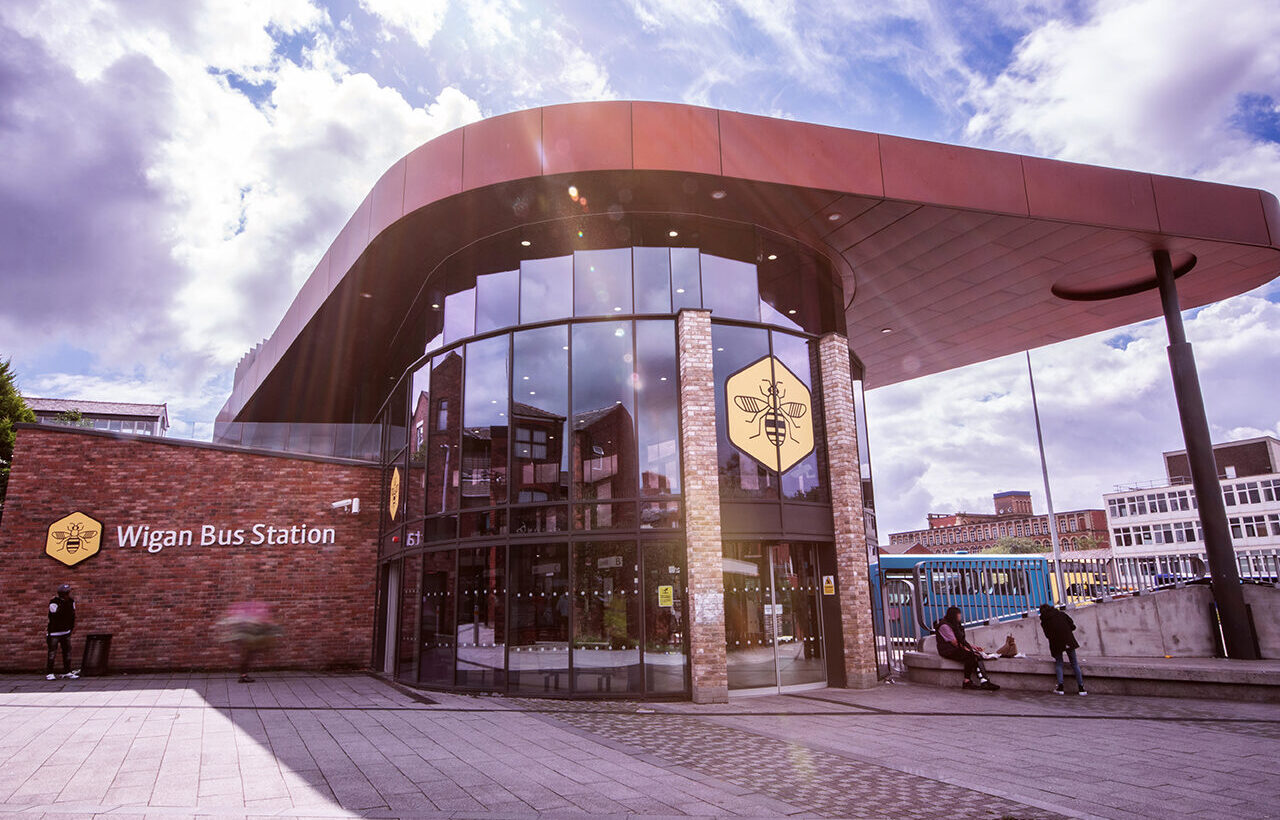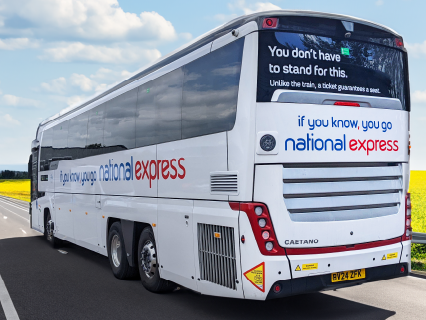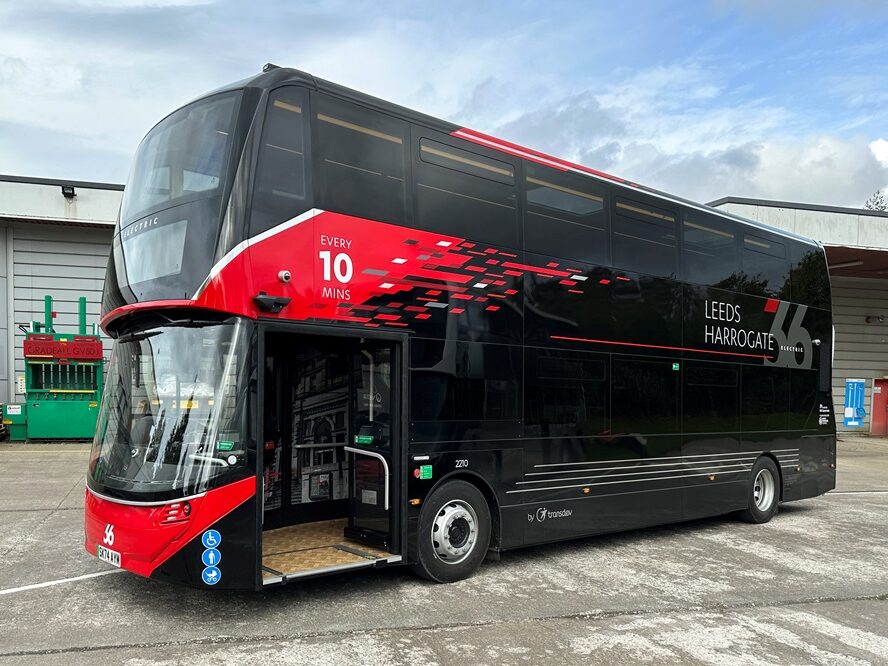Stagecoach has taken delivery of 64 new zero-emission buses for operation across Coventry and Warwickshire as part of a 140 million GBP project to create the UK’s first fully electric bus city.
The 64 buses, which are made up of 31 double decker buses from Alexander Dennis and 33 single decker buses from Pelican-Yutong, are set to run on all of Stagecoach’s services linking Coventry to the surrounding areas in Warwickshire.
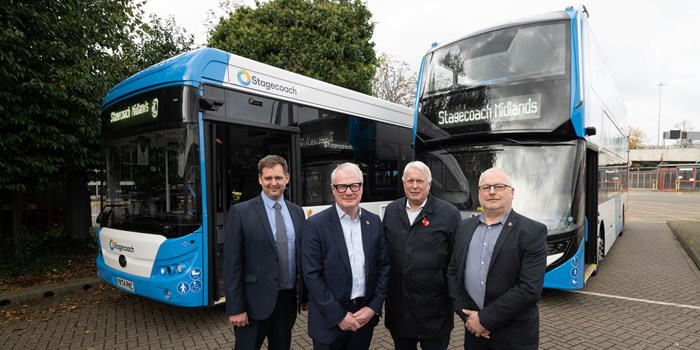
Operation will begin over the next few months, with new charging facilities set to be installed in depots in Nuneaton, Leamington Spa and Rugby.
Richard Parker, Mayor of the West Midlands, said:These new buses will make a big difference to the way people get around in Coventry. They’ll mean greater comfort and convenience for passengers and cleaner air for pedestrians and cyclists to breathe.
Coventry Electric Bus City is just one part of our plans to create a greener, more affordable and more reliable bus network which better serves the people of the West Midlands.
The buses are equipped with USB charging, free Wi-Fi, high-spec passenger information systems and enhanced wheelchair and buggy capacity.
With the delivery of the vehicles, more than 200 of the operator’s local buses are now battery-powered, working out to 80% overall within the area.
All vehicles are set to be on the road by Spring 2025, and new bus priority measures are planned to be installed throughout the city in order to support the new additions to the local fleet.
Mark Whitelocks, Stagecoach Midlands Managing Director, said:We’re thrilled to be announcing this investment of over £33m on these 64 electric buses and the supporting infrastructure at our depots. This investment demonstrates Stagecoach’s confidence in the region and is evidence of us delivering our ambitions to transform bus services for the communities we serve.
These buses mark a massive moment for the region as we take a huge step towards modernising our service. They will provide customers with more comfortable journeys and contribute towards cleaner, quieter neighbourhoods and a public transport system that is more sustainable and efficient.
Funding for the vehicles was aided by the Department of Transport, who committed 50 million GBP toward the electrification project being carried out by the West Midlands Combined Authority (WMCA).











